The Pono Youth Program aims to reduce risk and cultivate resiliency in the young people of Hawai`i, placing special emphasis on reaching those 10 – 24 years of age from high-risk communities, cultures, identities, and housing statuses. The overarching program includes a 6-point approach commonly referred to as ‘pillars.’
1. Youth Suicide and Bullying Prevention Program: The Youth Suicide and Bullying Prevention Program, created by Mental Health America of Hawaiʻi in 2008, has trained more than 30,000 youth and adults in the last 15 years. >>
2. Schizophrenia Education and Awareness Program (SEA): MHAH’s Schizophrenia Education & Advocacy efforts is to implement a three-point program that provides youth (13 – 22 years of age) who have not yet expressed potential risk for schizophrenia through the prodromal schizophrenia stage, absent of schizophrenia symptoms that have not yet had their first episode of psychosis.>>
3. Self-Care & Resilience Trainings: The youth self-care and resilience trainings are designed to provide participants with tips and strategies to manage complex emotions, provide coping skills, identify toxic environments, and maintain a safe mental health space.>>
4. Adults Supporting Youth: Equally as important as reaching precariously connected and disconnected youth, is preparing youth serving adults with the necessary skills to learn the signs and symptoms of mental illness, the capacity to identify risks for suicide, and strategies to intervene and navigate resources available.>>
6. Resilience in School Environments (RISE): The RISE Program is an initiative that empowers schools to create safe and supportive learning environments by developing policies and practices that improve the social-emotional health of all students and staff.>>
In addition to the above, MHAH also uses social media to publicly share resilience education through its posts. On average, each month the social media accounts get about 20,000 engagements.

